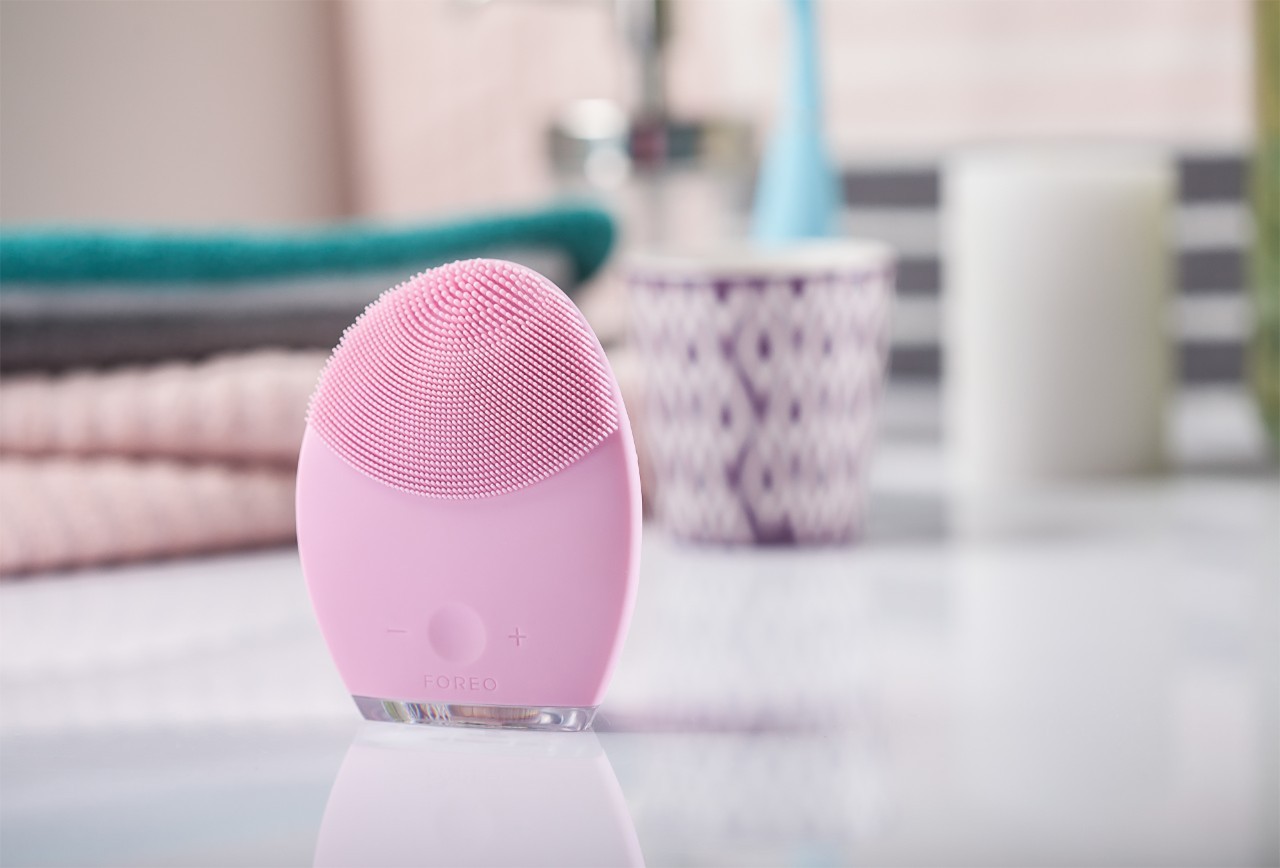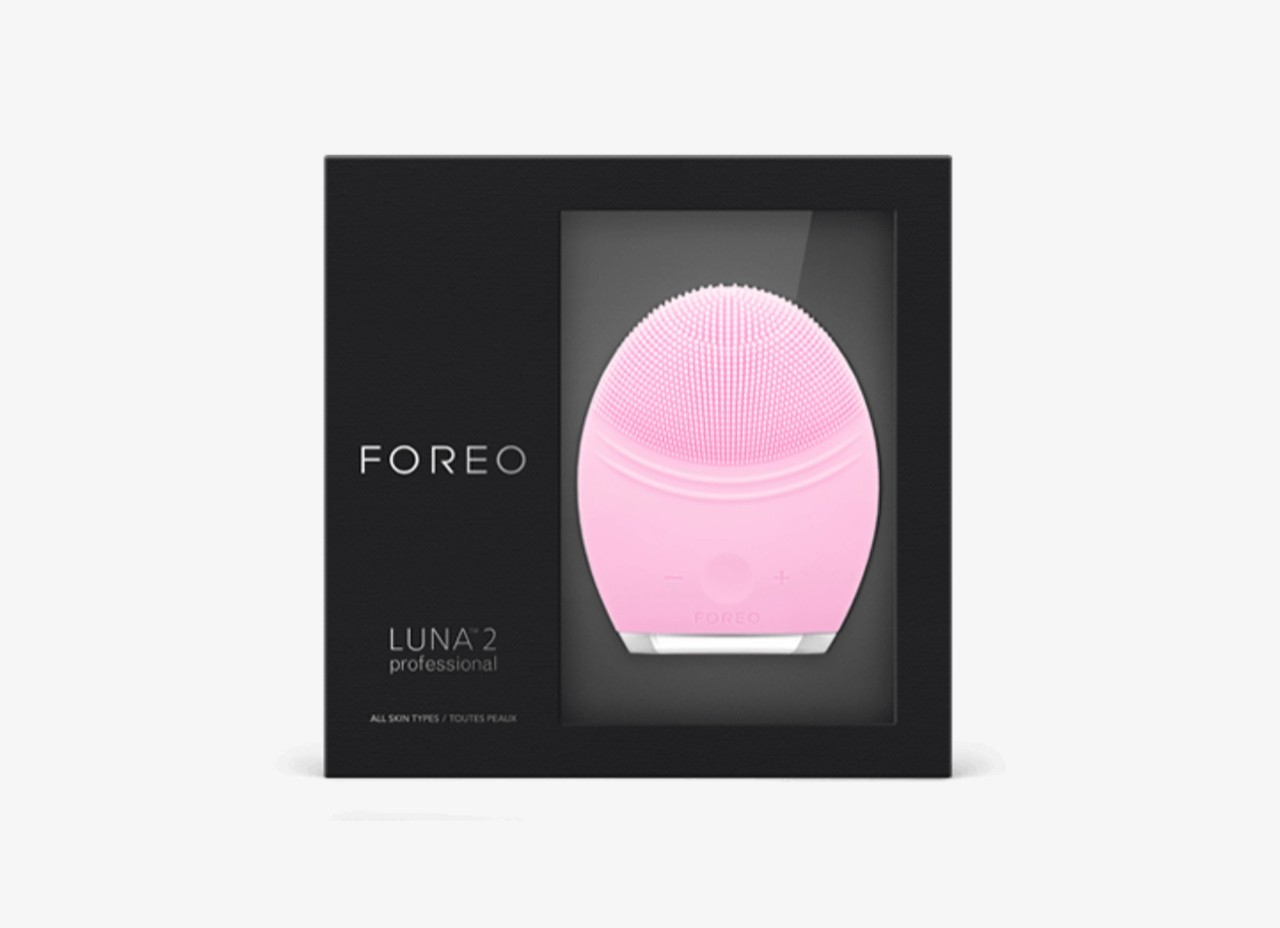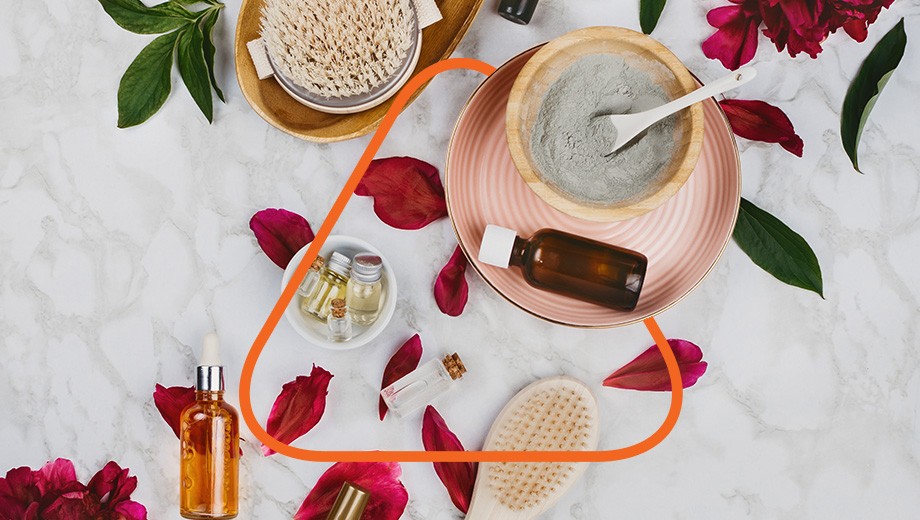How much of it is a consumer awareness issue in terms of not them realizing they are buying an illegitimate product? Are they aware of the challenges or risks counterfeit products pose?
I think some people say to themselves, if I can save $100 now, I’ll try the $20 device. But I think other people look at these listings, and think they are getting a great deal and are surprised. You know, in fashion counterfeit items like Nikes or Louis Vuitton bags are super well known – people know it’s a problem, whereas consumers are less aware that beauty products could be counterfeit.
I don’t think the average consumer knows the risks. In our products, the main risk comes from the lithium ion batteries. We’ve had instances where someone has purchased a counterfeit device and called us when it started smoking. We would collect the device, determine that it was a counterfeit and often it would have a used or low quality lithium ion battery.
It’s hard to get into the mind of the consumers, but I would say that our primary risk is the batteries and I don’t know how much people associate that with a counterfeit device. When people think of the risks of counterfeit products, they are more likely to think of something like a cream or lipstick, which have ingredients that are absorbed into their skin, than they are a device. They may think: “This is just a vibrating piece of technology, what harm can it do?”
In terms of letting people know their device is authentic, do you think serial number programs are effective? Do consumers actually register it?
I believe they are very effective. They are very effective for the customer, because when you purchase a device, you can immediately verify it’s legitimate by registering the serial number, which also activates your 10-year warranty. It gives people peace of mind. It is also helpful on our end, because we can weed out the issues that aren’t related to us. So when people call us with a smoking device, we can discover through the serial number that it isn’t actually a Foreo.
We have an excellent warranty, so that gives an incentive to register the serial number.
We have found statistically that more and more people are registering as the brand becomes more well-known. But I think there is a cultural aspect to people who register the serial numbers. We’ve found, across various offices, that people in the US are less inclined to register but our Asian consumers – 98% seem to register the device. It is becoming more prevalent for us, and because we are moving to more app-operated devices, we will [see more registrations].
Is there other technology that might empower consumers to trust the goods that they purchase?
Right now, we have a couple of devices that are app-operated and so by linking it to an app, you can register the serial number and begin using different functionalities. But without registering it, you don’t get the full functionalities available on the app.
We have also thought about integrating smart labels onto the products themselves, but it is not something we are currently doing. One of our app-operated devices, the U.F.O. [which is a device that is loaded with single-use microfibre masks] doesn’t have a smart label itself but the accompanying masks come with a code on their packaging. Users scan the code, which will upload information on the phone in terms of what type of settings the device should use for that mask. We do this so that consumers have the best experience of the device, but it helps us ensure that people aren’t using counterfeit masks, which are becoming more and more prevalent. The app lets you know when you are working with legitimate products and when you are not.





